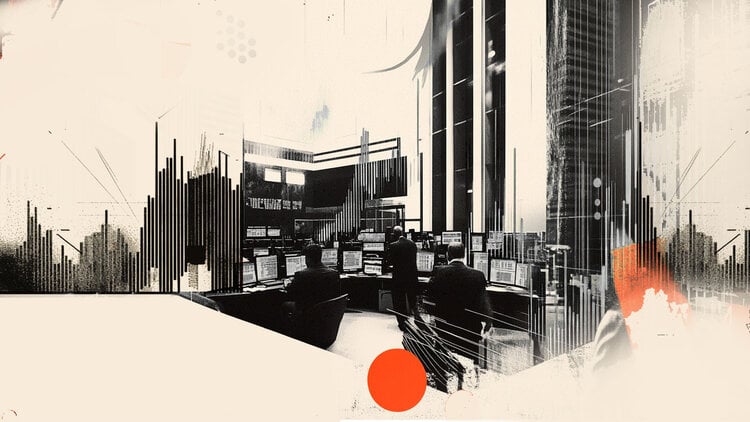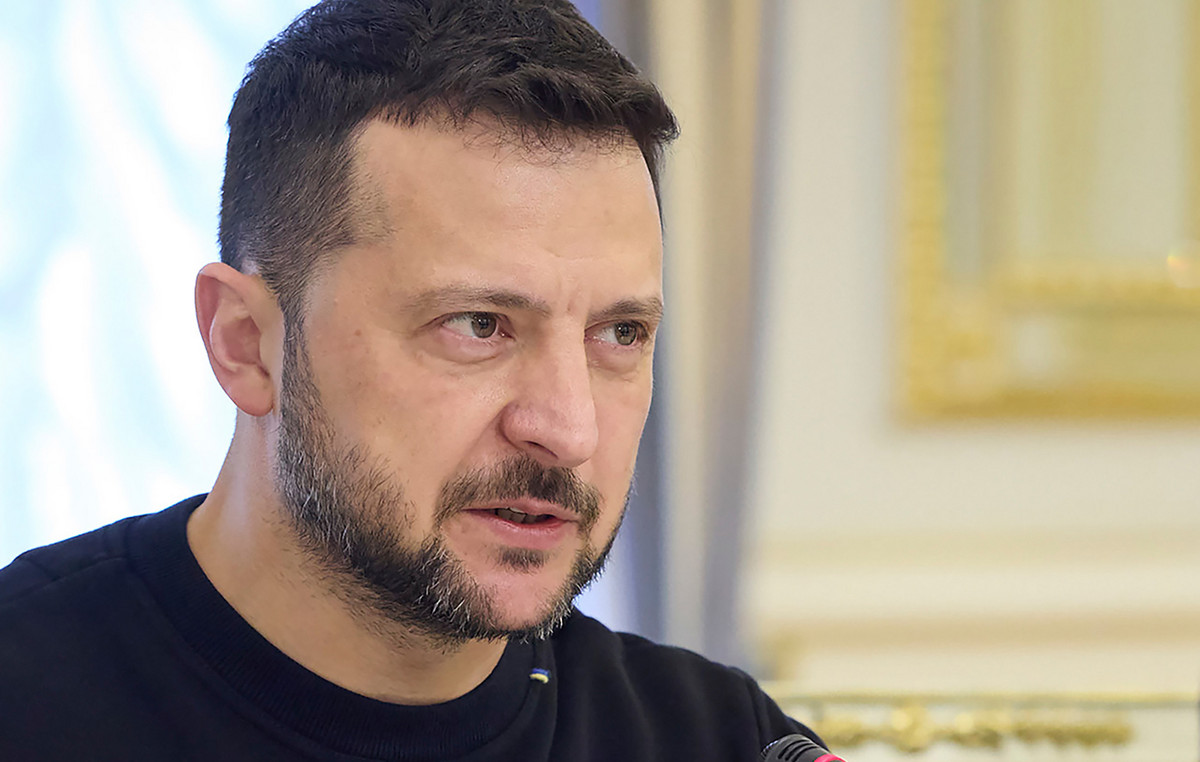In the weeks leading up to Russia’s invasion of Ukraine, world leaders took turns in Moscow to call on the Kremlin to back down and cancel plans to start a war.
Efforts failed. And Vladimir Putin, the man who started the war, is now faced with extremely limited travel options.
That might seem insignificant for a man who governs a country that spans 11 time zones. Putin has an open door to Beijing, and Kremlin colleagues in Central Asia and Iran have rolled out the welcome mat since the invasion of Ukraine.
And, of course, he will always have Minsk. Belarusian Alexander Lukashenko, who provided Russia with a launching pad for the invasion, was also Putin’s host.
But Putin will be absent from a major global forum this week, the BRICS summit in Johannesburg. His absence speaks volumes about Russia’s isolation — and Putin’s dwindling horizons.
The other leaders of the bloc – South African President Cyril Ramaphosa, Chinese leader Xi Jinping, Brazilian President Luiz Inácio Lula da Silva (PT) and Indian Prime Minister Narendra Modi – are expected to be present.
Last month, Ramaphosa’s office said Putin would not attend “by mutual agreement”. Russian Foreign Minister Sergey Lavrov is replacing him, although Russian state media said Putin would appear via video.
Does it really matter if Putin calls? Participating remotely can be a convenient way to act as a player on the global stage, but Putin is missing more than a group photo.
Putin is a champion of what he calls a “multipolar world order”, promoting structures – among them the BRICS – as a counterweight to US- and Western-led institutions that condemn Russia for its war against Ukraine.
While Russia’s actions have brought condemnation in the West, Russia is still campaigning for international support, particularly in the global south.
Strengthening that support was one of the main objectives of the recent Russia-Africa summit. The participation of African leaders may have disappointed the Kremlin: less than half of heads of state attended last month’s event. But Russian foreign policy still enjoys diplomatic and political support from countries in Africa, Latin America and Asia.
So why would Putin miss another opportunity to promote his vision? Well, for starters, there is the not insignificant matter of an International Criminal Court (ICC) arrest warrant against him.
In March, the ICC issued an arrest warrant for Putin over an alleged scheme to deport Ukrainian children to Russia. The warrant put South Africa in a difficult situation: as a signatory to the treaty governing the Hague tribunal, South Africa is obliged to arrest individuals indicted by the court.
It is wishful thinking to assume that Putin could be arrested in Johannesburg. After all, then Sudanese President Omar al-Bashir – who was and remains indicted for war crimes and crimes against humanity linked to the genocide in Darfur – managed to avoid that fate during a visit to South Africa in 2015.
The Kremlin, of course, bristles at any suggestion that Putin is fleeing the Brics summit over the ICC warrant.
Kremlin spokesman Dmitry Peskov said Russia would consider Putin’s arrest a “declaration of war”.
Putin told journalists on July 29 that he didn’t think his presence in the BRICS would be “more important than in Russia now”, according to the state-run TASS news agency.
Whatever the reason, Putin’s failure to attend the summit is not good for Moscow.
Russia is trying to push ahead with a public relations campaign that presents Russia as a staunchly anti-colonial power that supports a fairer and more equitable world order.
In a newly published interview, Lavrov said “he agrees that the concept of Western domination promoted by the United States and subordinate countries does not provide for the harmonious development of all mankind.”
The irony here is very rich. Russia, after all, is waging a war against Ukraine, which Putin has justified in strictly imperial terms.
And the end of the unipolar world, in Putin’s view, seems to mean that Russia can occupy Ukraine unrestricted by international norms, under the false flag of liberation.
Source: CNN Brasil
Bruce Belcher is a seasoned author with over 5 years of experience in world news. He writes for online news websites and provides in-depth analysis on the world stock market. Bruce is known for his insightful perspectives and commitment to keeping the public informed.







